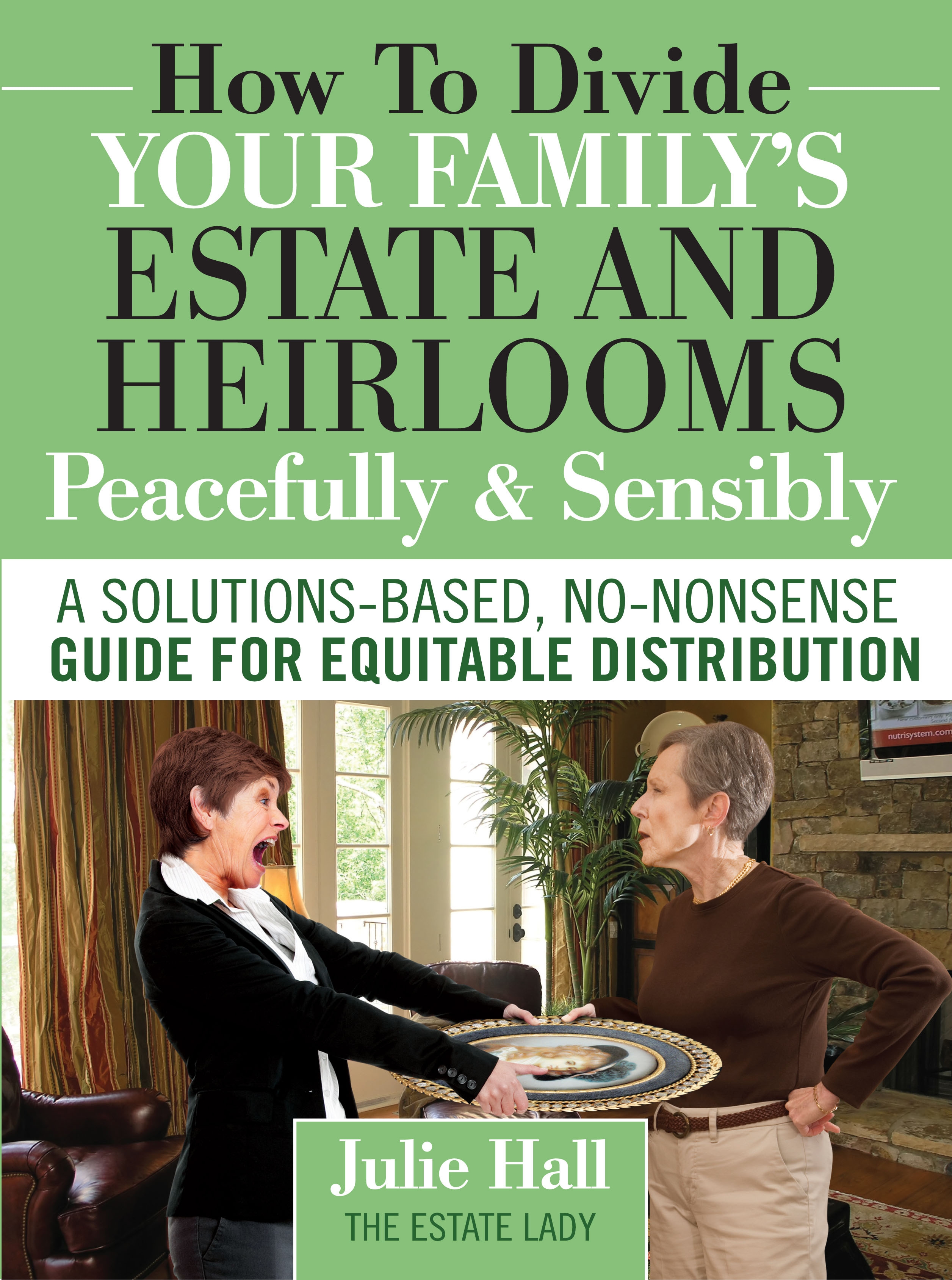Several years ago, I was preparing for an estate sale and found cremated remains in the bottom of a china hutch. They were handed to the son, who promptly tossed them under the kitchen sink right in front of me. Yes, you read that correctly. The ashes were tossed in with the Comet, Cascade, rags, and Brillo pads. I was aghast! How could anyone do such a thing?
I called the attorney’s office to report this horrible act and offered something above and beyond my call of duty. I offered to appropriately scatter the ashes in a beautiful place and say a prayer for this deceased person.
Today, years after the fact, I received a call asking me to handle the remains because no one else will. It is a strange thought: here I am, a perfect stranger to the decedent, yet I care more about him than his own family. I know there are laws concerning this and I will do my due diligence to appropriately handle this out-of-the-ordinary mission that has landed in my lap. Surely a family member would care enough to tend to this need? Sadly, not one of them does care.
This should be a reminder to us all that when a loved one is cremated (including our beloved pets), plans must be made in advance for their final resting place. What if the one who has the ashes in their possession dies and no one in the family knows what to do with them? This is especially important in blended families. It’s not something we think about often, but a plan will ensure that the proper procedure will be followed when the time comes.
© 2011, The Estate Lady



